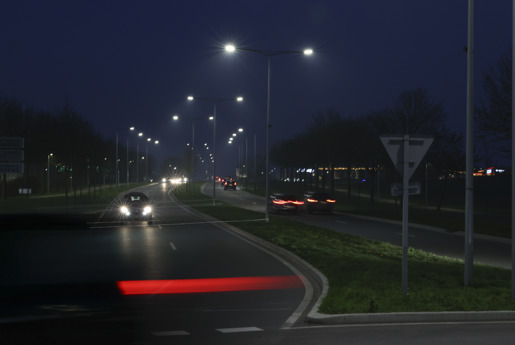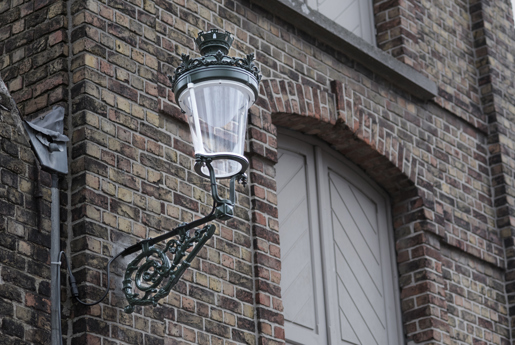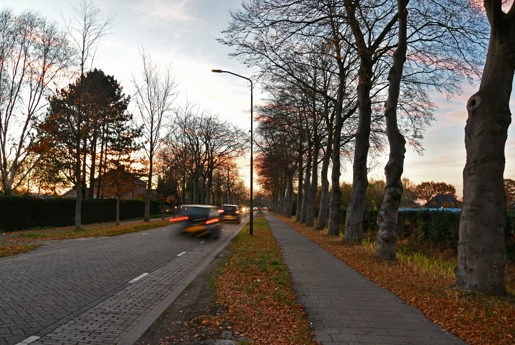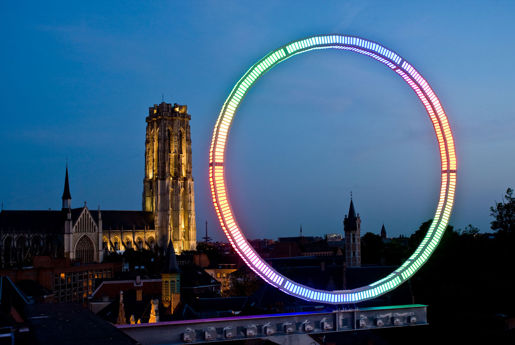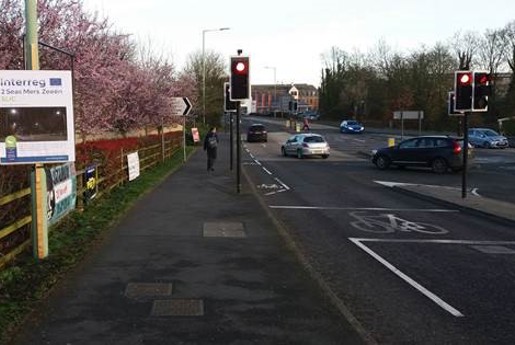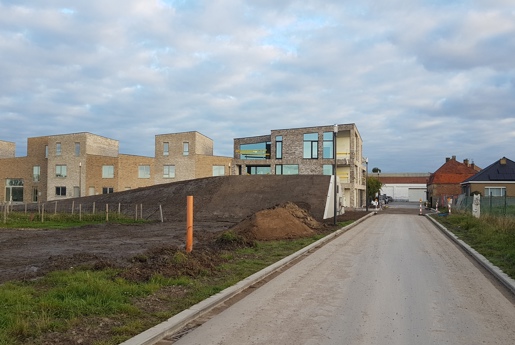Roeselare
The pilot of the Belgian municipality of Roeselare revolves around new smart lighting for a bicycle path, a stand-alone installation separate from the electricity grid. It uses solar panels for power generation and a battery for the storage of electricity. The lampposts along the cycle path are equipped with motion sensors, so they switch on the LED armatures when people are cycling past.
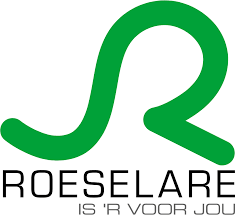
Autonomous system
The SLIC pilot in Roeselare focuses on the research and roll-out of an autonomous lighting system based on a mini-power grid (nano-grid) and dynamic public light system on solar energy. The lighting system will be applied on an 800-meter-long cycle path on the river Mandel, which runs along a residential area and a sports park, where 31 lantern posts with LED armatures are located.
In order to be able to feed the autonomous system, 10 kWp of solar panels will be installed on an adjacent company building. A battery storage of 14.4 kWh is also realised here. The lampposts are supplied with energy from this building via a nano-grid.
To guarantee operational reliability, this mini-power grid also receives a grid connection as a back-up energy supply. Due to the storage in a battery of the excess energy generated on days with many hours of sunshine, energy is available on days with few hours of sunshine.
Other cities will benefit from the knowledge gained in Roeselare by lighting paths with a difficult connection to the distribution network. For example, when lighting bicycle highways in rural areas.
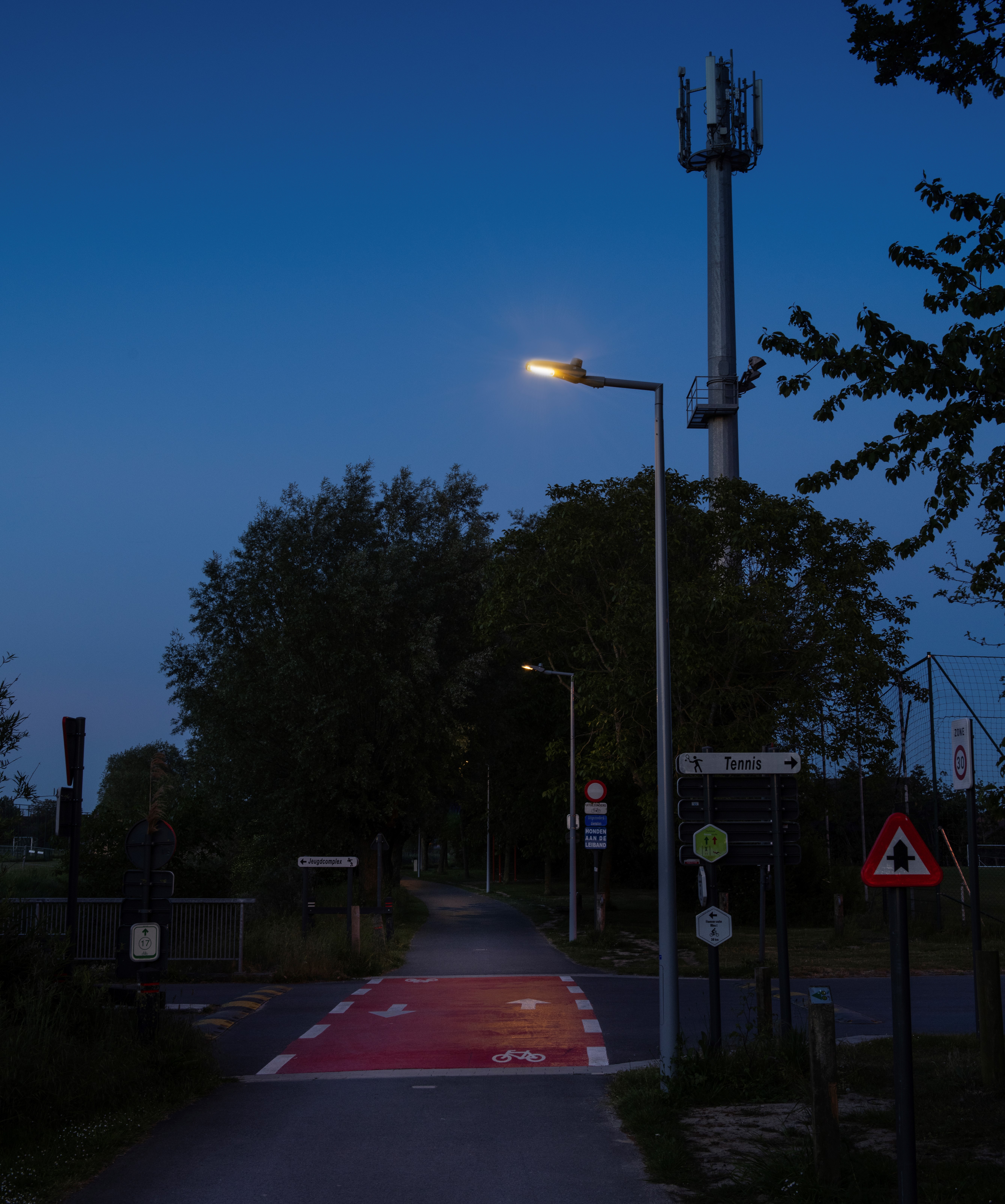
Track lighting
In addition, tracking lighting is used in Roeselare. Sensors register passers-by and the lighting points adapt to the speed of those passers-by. If there are no passers-by, there is no lighting. So no energy is consumed when it is not needed.
Important parameters in the research into the autonomy of this system include the lighting regime used with dimming based on tracking lighting, the time of year and the weather conditions. The influence of these parameters will be investigated. The dimming schedules are determined by surveys conducted among road users and local residents, and historical data.
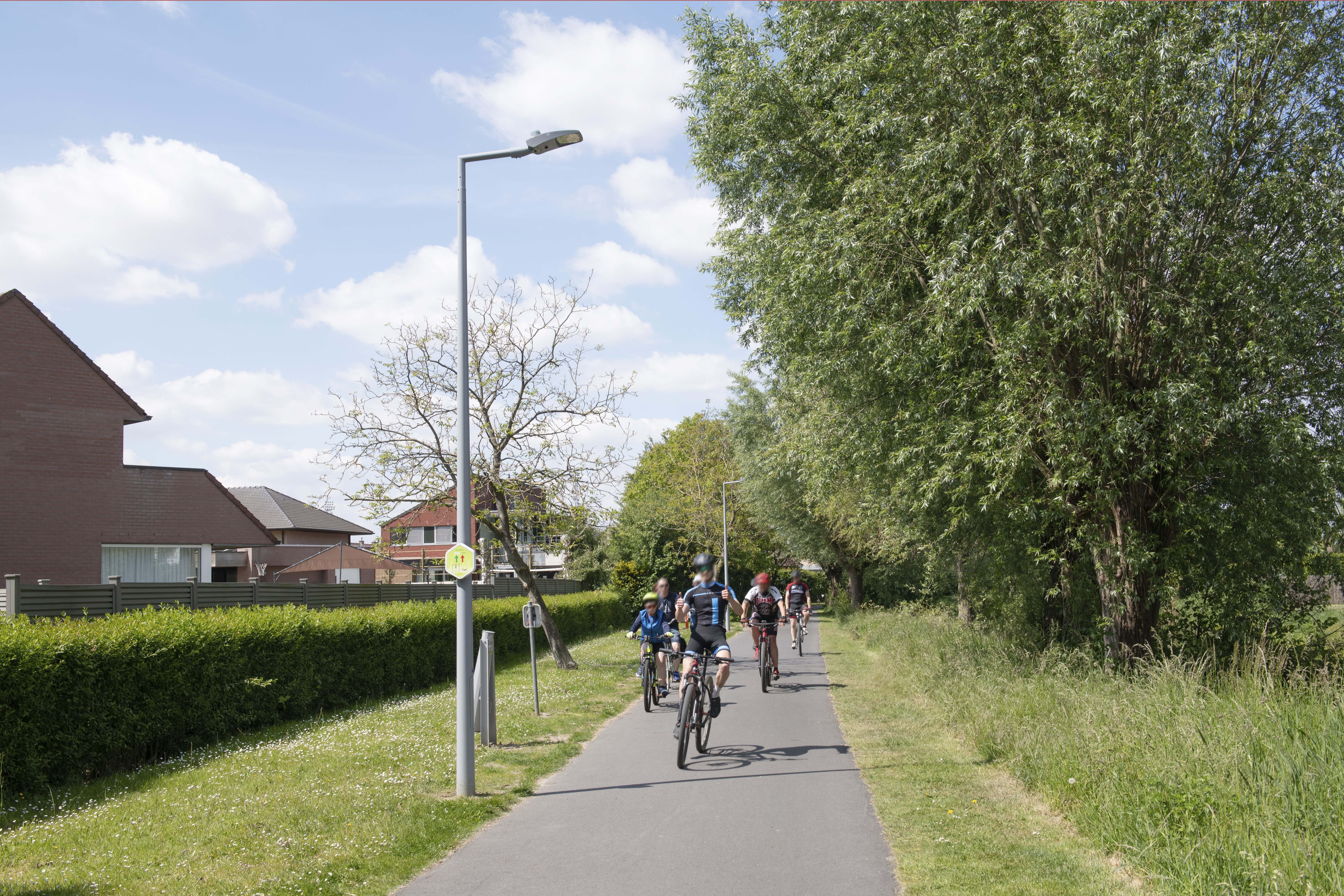
Design competition 2020
Annually, the off-grid installation in Roeselare produces an estimated 7500 kWh too much energy. In the autumn of 2020, the city organised a design competition among students of (secondary) technical education. They were asked to design plans to optimise the installation and how to use the excess energy.
In the Great Lights Challenge, the students were challenged to develop projects that should maximise the potential of the demo in the technical field, energy and network management, and on a social level, such as traffic awareness or sustainable energy consumption. The practical feasibility of the proposals is paramount.
The goal of the Great Lights Challenge in 2020 was to educate local stakeholders on the theme of "sustainable public lighting".

